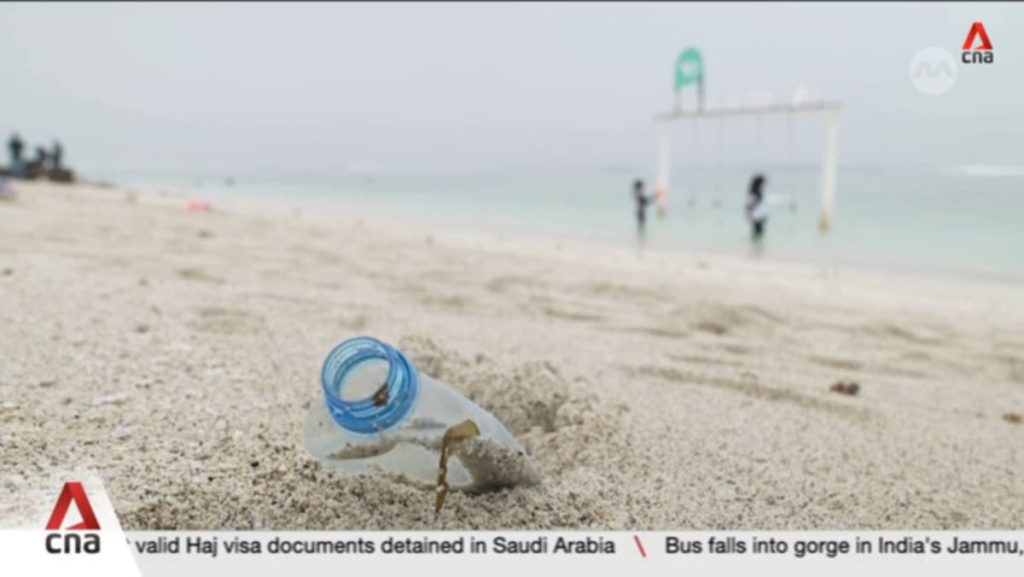Plastic pollution is a growing problem in the Maldives, as the nation’s population increases. The country’s stunning beaches and pristine waters are being marred by plastic waste, posing a serious threat to the environment and marine life. The issue is exacerbated by the fact that the Maldives relies heavily on imported goods, leading to an influx of single-use plastics that end up polluting the land and sea.
Efforts are being made to address the issue of plastic pollution in the Maldives by engaging local communities in cleanup and waste management initiatives. Organizations such as Parley for the Oceans have been working with communities to collect and recycle plastic waste, turning it into usable products. These initiatives not only help reduce the amount of plastic in the environment but also raise awareness about the importance of sustainable living practices.
One of the challenges in tackling plastic pollution in the Maldives is changing consumer behavior, as many people are accustomed to using disposable plastics in their daily lives. Education and awareness campaigns have been launched to encourage residents to reduce their plastic consumption and opt for reusable alternatives. By promoting sustainable practices, such as using reusable bags and water bottles, communities can significantly reduce the amount of plastic waste that ends up in the environment.
The Maldivian government has also taken steps to combat plastic pollution, such as implementing bans on single-use plastics in government offices and public spaces. These measures aim to reduce the amount of plastic waste generated by the country and promote the use of eco-friendly alternatives. In addition, the government has partnered with international organizations and NGOs to address the issue of plastic pollution and develop long-term solutions for a cleaner, healthier environment.
Despite these efforts, the fight against plastic pollution in the Maldives is far from over. With the country’s population expected to continue growing, the problem is likely to worsen if action is not taken swiftly. It is essential for all stakeholders, including the government, businesses, and individuals, to work together to implement sustainable practices and reduce the dependence on single-use plastics. By taking collective action, the Maldives can preserve its natural beauty and protect its marine ecosystems for future generations.
In conclusion, plastic pollution is a pressing environmental issue in the Maldives that requires urgent attention and action. By engaging local communities, implementing bans on single-use plastics, and promoting sustainable practices, the country can make significant progress in reducing plastic waste and protecting its unique biodiversity. It is crucial for all stakeholders to work together to address this issue and ensure a cleaner, healthier future for the Maldives.


